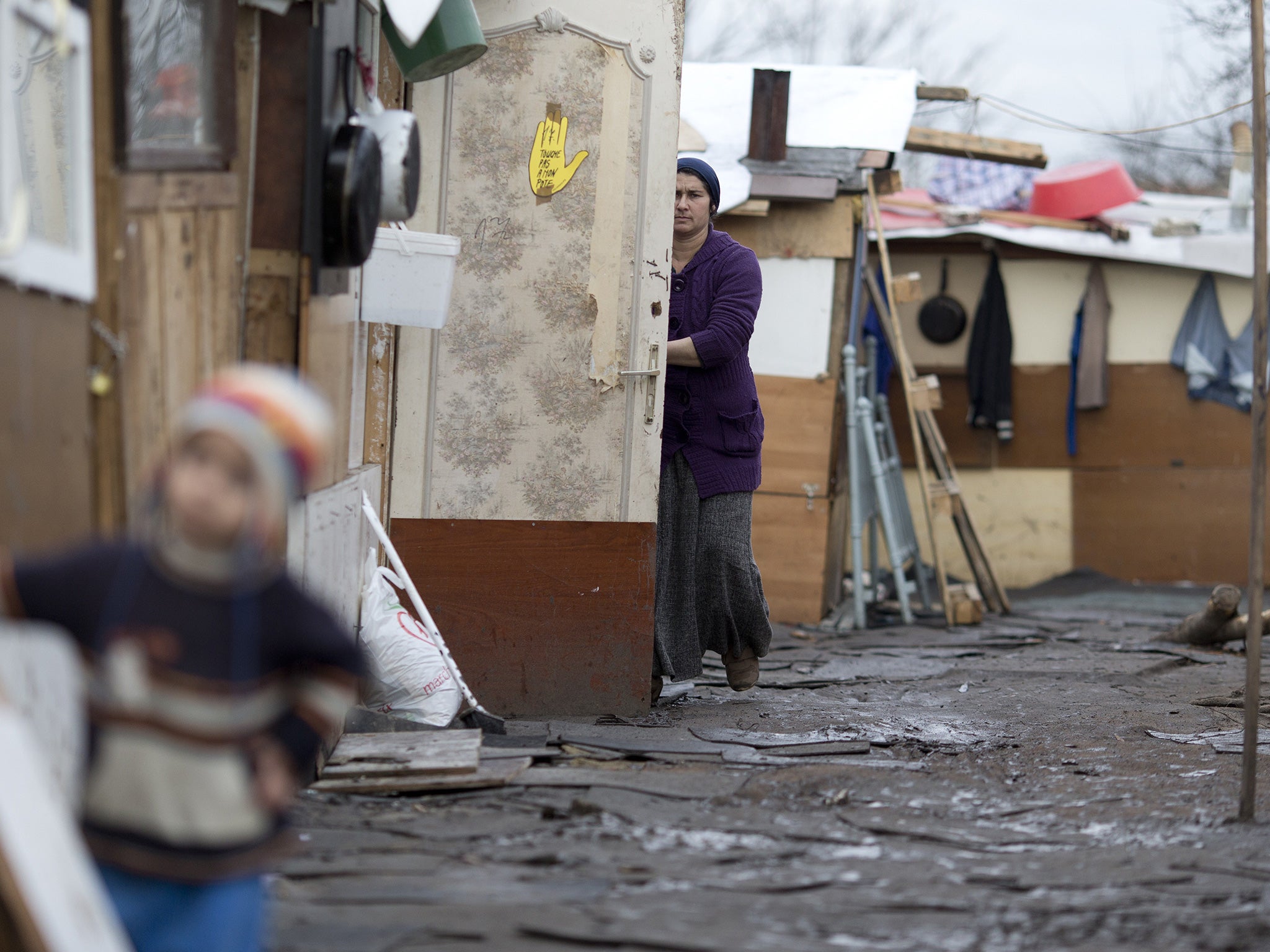Paris attack: Immigrant children in France and Belgium 'most alienated in the world'
Figures show just two in every five immigrant children in France and three in five in Belgium feel they belong at school

Immigrant children in France and Belgium are the most alienated in the world, according to figures that confirm the failure of integration in both countries before the Paris terror attacks.
Only two in every five children from first-generation immigrant families in France (43.1 per cent) and three in five in Belgium (59.8 per cent) feel they belong at school, according to a global study by the OECD think-tank.
The sense of belonging is lowest of all among second-generation immigrants in France, where only 39.5 per cent felt that they belonged.
It follows claims by some commentators that a failure to integrate young Muslims, and simmering tensions in the banlieues, have made France and Belgium a more fruitful recruiting ground for Isis than other Western countries.
Andreas Schleicher, the Paris-based director of the OECD Directorate for Education and Skills, told The Independent: “The system in France and Belgium is blind to diversity. It is very standardised. Every student is treated the same, eliminating those who are different.

“This affects not only migrants, but also children from poorer social backgrounds. This is different from other countries such as Canada, where the curriculum reflects students’ country of origin and where the teachers are often from a migrant background. The UK is a positive example as well.”
Mr Schleicher said problems are compounded in France not only because of a lack of diversity among teachers but because the best teachers have the pick of the best schools, whereas younger teachers fresh out of university and lacking in experience end up in schools in poorer areas.
“The challenges of immigration are very much apparent in France and Belgium,” he said. First-generation immigrant children in France and Belgium are below average in problem solving, mathematics and reading, according to the OECD’s Helping Immigrant Students to Succeed at School report, which is based on data from 2012.
The report, which looks at major nations, also draws on the perceptions of 15-year-olds on whether they “belong” at school. It says schools are a good indicator of how well children feel they belong in their wider surroundings. “How school systems respond to migration has an enormous impact on the economic and social wellbeing of all members of the communities they serve,” the report says.
Researchers found that the psychological wellbeing of immigrant children is affected not only by differences in their country of origin and destination, but also by how well schools and communities helped them overcome obstacles in building a new life.
Fewer than half of non-immigrant children in France (48.5 per cent) also said they felt that they belonged – suggesting that alienation from school is not only felt by migrants.
More than eight in 10 first-generation immigrant children in France and Belgium said they felt “happy” at school – even though many did not feel a sense of belonging.
Join our commenting forum
Join thought-provoking conversations, follow other Independent readers and see their replies
Comments
Bookmark popover
Removed from bookmarks